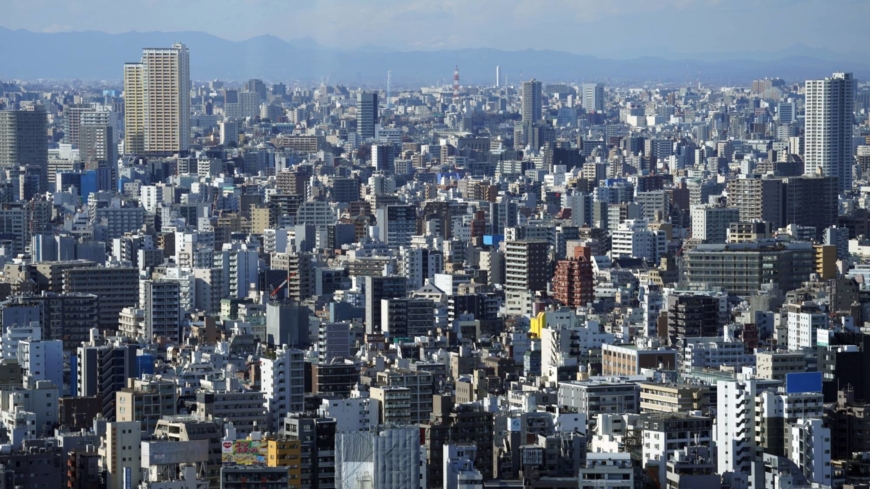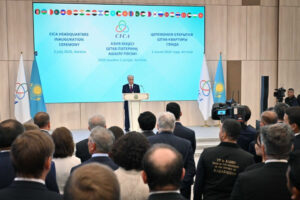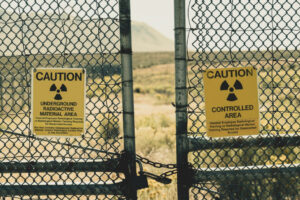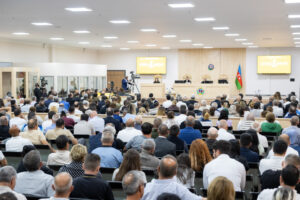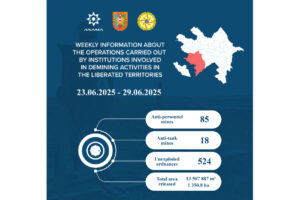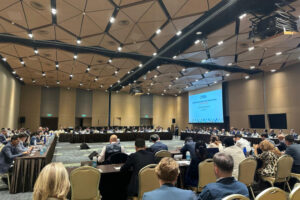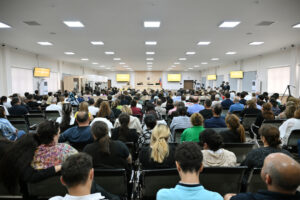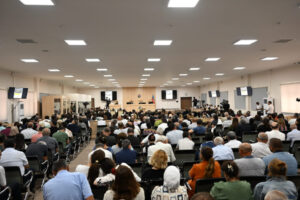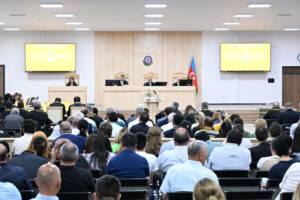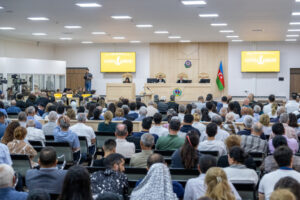Tokyo, 9 November, /AJMEDIA/
Voting under way in U.S. midterms as Democrats face headwinds
WASHINGTON – Voting is under way on Tuesday for the U.S. midterm elections, with Democrats fearing they could lose control of at least one of the two chambers in Congress amid high inflation and the dwindling popularity of President Joe Biden.
While the midterms usually serve as a referendum on the incumbent leader, Biden has sought to make the elections about his predecessor Donald Trump and “extremist” Republicans aligned with him, warning that they threaten democracy and basic rights, including through their denial of the results of the 2020 presidential race.
———-
Japan to downsize 2 planned Aegis destroyers to increase mobility
TOKYO – Japan is considering downsizing two destroyers to be built with the Aegis ballistic missile interceptor system from their original design in a bid to increase their mobility, government sources said Tuesday.
While the destroyers were principally designed to protect against ballistic missiles, the government also plans to make them multipurpose vessels capable of carrying the U.S.-developed Tomahawk cruise missile, which it is considering introducing, according to the sources.
———-
Nissan, Mitsubishi mull stakes in Renault EV unit amid alliance talks
TOKYO – Nissan Motor Co. and Mitsubishi Motors Corp. are considering investing in alliance partner Renault SA’s new electric vehicle company Ampere, the French automaker said Tuesday, as Nissan and Renault try to revise their decades-old capital tie-up.
Renault unveiled the EV business spinoff as part of its group strategy update. The automaker said it will become the new company’s majority owner and is considering listing it in Europe in the second half of 2023.
———-
U.S. sanctions N. Korea airline officials for aiding weapons programs
WASHINGTON – The United States on Tuesday imposed sanctions on two representatives of North Korean national airline Air Koryo, accusing them of facilitating Pyongyang’s ballistic missile and other weapons development programs.
The sanctions followed a recent barrage of ballistic missiles launched by North Korea, including an intercontinental ballistic missile earlier this month, with concern growing that Pyongyang will carry out its first nuclear test in years.
———-
Japan’s current account surplus shrinks to 909.3 bil. yen in Sept.
TOKYO – Japan’s current account surplus fell to 909.3 billion yen ($6.2 billion) in September, the Finance Ministry said Wednesday.
Among key components of the current account, the country had a goods trade deficit of 1.76 trillion yen and a services trade deficit of 343.1 billion yen, according to the ministry’s preliminary data.
———-
Japan Cabinet approves 29.1 tril. yen extra budget for econ package
TOKYO – Japan’s Cabinet approved Tuesday an extra budget for the current fiscal year to spend 29.09 trillion yen ($199 billion) on an economic package designed to mitigate the pain on households and businesses of rising prices, exacerbated by a weaker yen.
To secure the necessary funding, the government will issue bonds worth 22.85 trillion yen, putting fiscal restoration on the backburner further despite its debt already being more than twice the size of its economy.
———-
Japan looks to finalize nuclear reactor service extension by year-end
TOKYO – Japan’s industry ministry is considering extending the lifespan of nuclear reactors to beyond the current 60 years with ambitions to finalize the plan by the end of the year, in a bid to cut carbon emissions and ensure stable energy supplies threatened by Russia’s war in Ukraine, sources familiar with the matter said Tuesday.
The Ministry of Economy, Trade and Industry is looking to extend the number of years nuclear power stations can remain open by considering screening periods, necessary for stricter plant safety operations, as separate from the total service life, which could allow nuclear reactors to operate for longer. During safety checks, the nuclear plants are not operational.
———-
Skywatchers in Japan treated to rare lunar eclipse that blocks Uranus
TOKYO – Residents of Japan witnessed Tuesday night a rare celestial event not seen in 442 years, a total lunar eclipse coinciding with a lunar occultation of Uranus, in which the planet is eclipsed by the moon.
The cosmic show started with a partial eclipse, in which part of the moon appears to be missing, at 6:09 p.m., with the total eclipse visible from 7:16 p.m. to 8:42 p.m.

